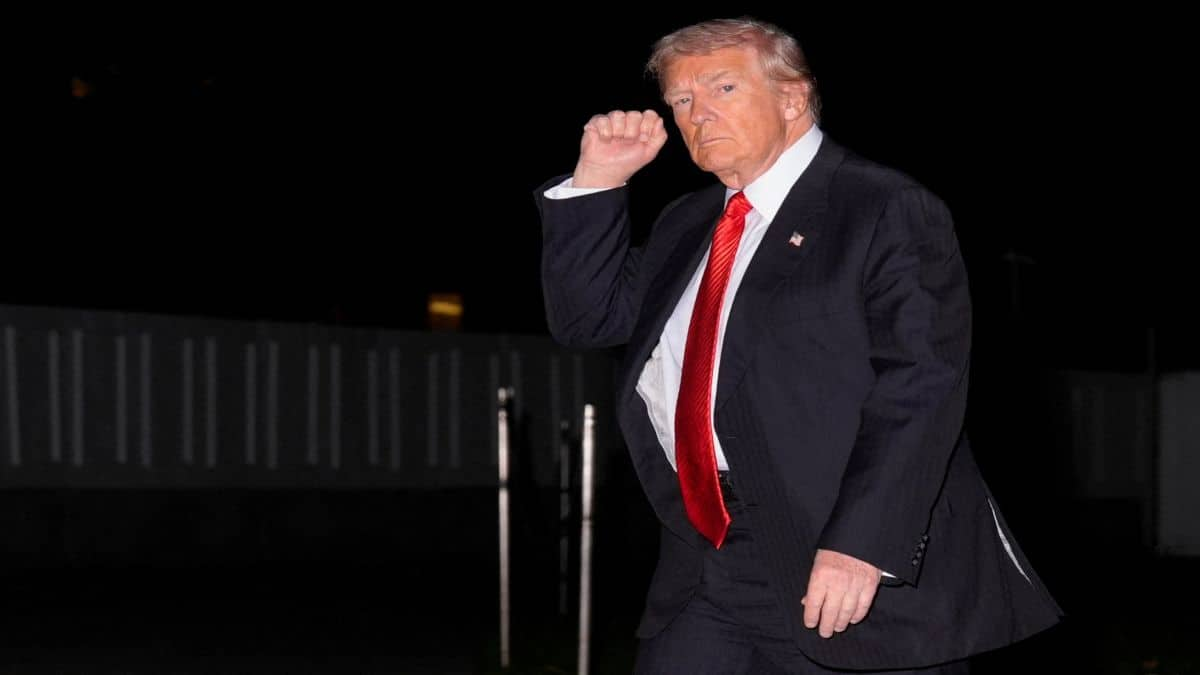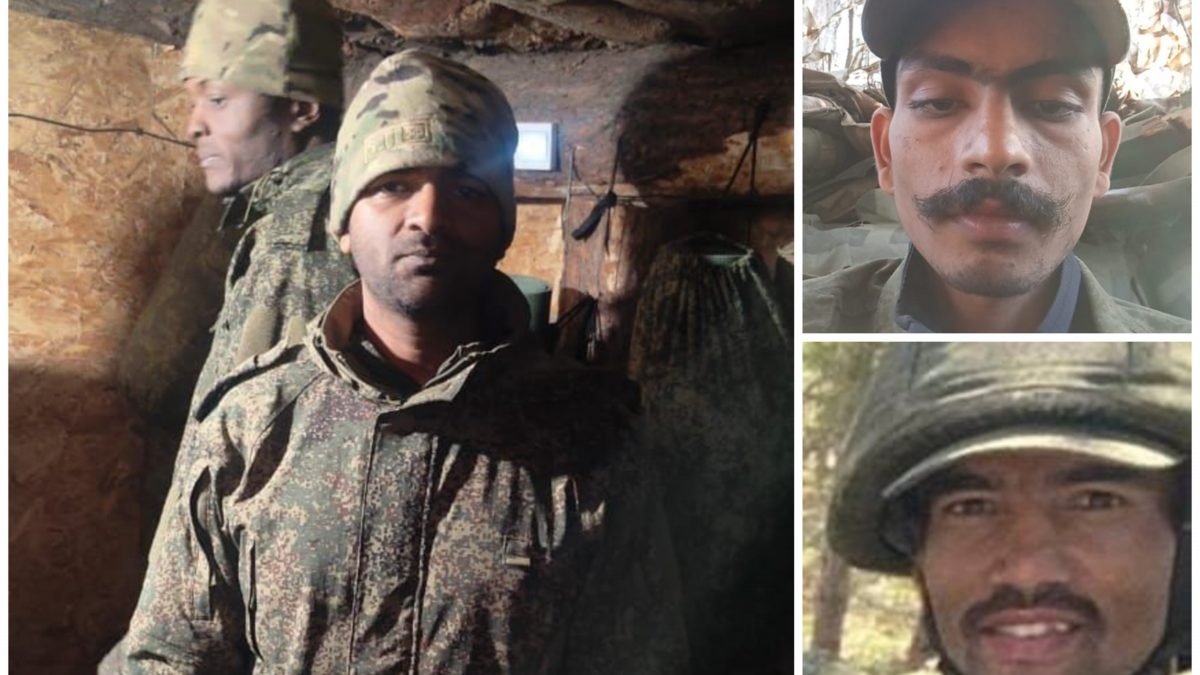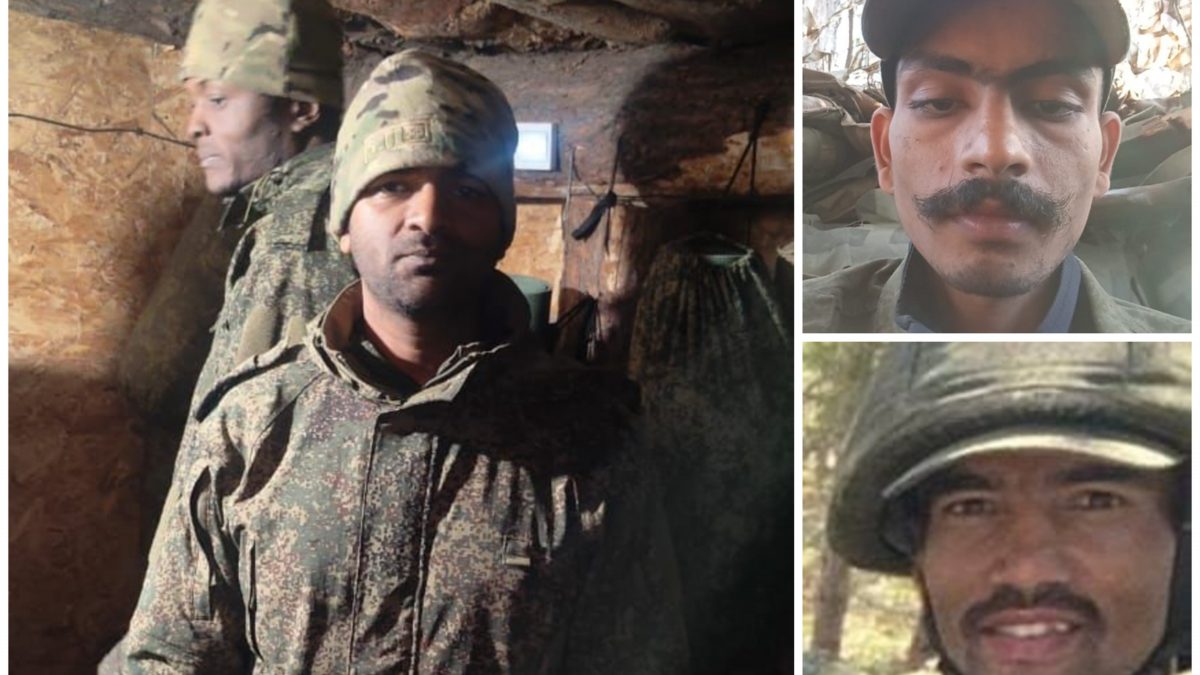Are you among the many who dream to go to Canada? Your dreams may remain just that as the North American country is reportedly seeking new powers to cancel temporary visas, particularly those from India.
A report published by CBC News citing internal documents show that Canadian authorities have partnered with US entities to identify and cancel visitor visa applications from India and Bangladesh.
This news comes at a time when data shows that nearly 75 per cent of students requesting to study in Canadian institutions were rejected in August.
So, what’s going on in Canada? We take a closer look.
Canada’s mass visa cancellation plan
Referring to a departmental presentation to the immigration minister’s office, CBC News has reported that Canada’s Immigration, Refugees and Citizenship Canada (IRCC), the Canada Border Services Agency (CBSA) and their US partners have formed a working group to empower authorities to refuse and cancel visas, singling out India and Bangladesh over “country-specific challenges”.
According to the documents, the provision will allow authorities to cancel classes of visas in exceptional cases such as pandemics, wars, or for visa holders from specific countries.
This pending legislation is currently tabled in the Canadian parliament under Bill C-12 — once a part of the contentious Bill C-2 (for the Mark Carney government’s Strong Borders Act).
But why have Indians been singled out in this plan? This is partly over suspected fraud in applications from India.
The documents highlight that asylum claims from Indians have increased significantly in recent times. The number was less than 500 a month in May 2023, but has increased to over 2,000 by July 2024. It claimed that verifying temporary resident visa applications from India slows down application processing.
Processing time in Canada has risen from an average of 30 days in July 2023 to 54 days in July 2024. As a result, approvals have also started dropping in 2024 — from more than 63,000 in January to about 48,000 in June — as it committed more resources to verification.
The presentation also noted a rise in Indian passengers who were not allowed to board aeroplanes as of the summer of 2024. By July 31, 1,873 applicants were identified for further questioning and sent procedural fairness letters outlining their rights and potential legal recourse.
“The ability to cancel temporary resident documents reduces security risks and limits potential misuse of such documents,” noted a October 2024 IRCC memorandum to then immigration minister Marc Miller.
There was no clarification provided on Bangladesh.
Outrage and anger over Canada’s plan
When CBC News approached Canadian authorities over the plan, the Immigration Department said in a statement it has taken “concrete steps to minimise unnecessary border volumes, increase information sharing and reduce non-genuine visitors and illegal crossings at the border”.
The department said those actions, including heightened scrutiny of temporary resident visa (TRV) applications from “countries with the highest rates of abuse,” have led to a 97 per cent drop in illegal US crossings by foreign nationals into Canada from its peak in June 2024.
But not everyone is happy with Canada’s mass visa cancellation plans. More than 300 civil society groups have reportedly raised concerns. For instance, Migrant Rights Network, have noted that group cancellations would give the government the ability to set up a “mass deportation machine.”
Immigration lawyers have also questioned if the mass cancellation ability was being sought to allow the federal government to reduce its growing backlog of applications.
Canada rejects 3 in 4 Indian student visa applications
The news of Canada seeking to cancel mass temporary visas comes as double whammy to Indians. Data reveals that the country’s rejection rate pertaining to student visas for Indians has risen considerably — from 32 per cent in August 2023 to about 74 per cent this August. In contrast, the overall rejection rate across all countries stood at around 40 per cent in both years.
When asked about the rejections, Canadian authorities said they had found nearly 1,550 fake applications linked to Indian students in 2023.
The data also showed that the number of Indian students applying for study permits witnessed a major drop, falling from 20,900 in August 2023 to 4,515 in August 2025.
The Indian Embassy said the rejection of study permit applications from students in India had come to its attention, but that the issuance of study permits is Canada’s prerogative. “However, we would like to emphasise that some of the best quality students available in the world are from India, and Canadian institutions have in the past greatly benefited from the talent and academic excellence of these students,” the embassy statement read.
India-Canada ties in focus
The timing of this proposed legislation is significant, as it comes while Canada is trying to mend fences with India.
Ties between New Delhi and Ottawa sunk to its lowest in 2023 when former Prime Minister Justin Trudeau accused India of being involved in the assassination of a Sikh resident, Hardeep Singh Nijjar, in British Columbia. India vehemently denied these allegations.
A thaw emerged when Mark Carney came to power in Canada and invited Prime Minister Narendra Modi for the G7 Summit. Following this, both countries reinstated their high commissioners and renewed dialogue.
In October, Canadian Foreign Minister Anita Anand even visited New Delhi for talks with External Affairs Minister S Jaishankar and Commerce Minister Piyush Goyal. The two sides announced a roadmap to enhance cooperation in trade, critical minerals, and energy, marking a concrete step toward rebuilding trust.
With inputs from agencies


)

)
)
)
)
)
)
)
)



